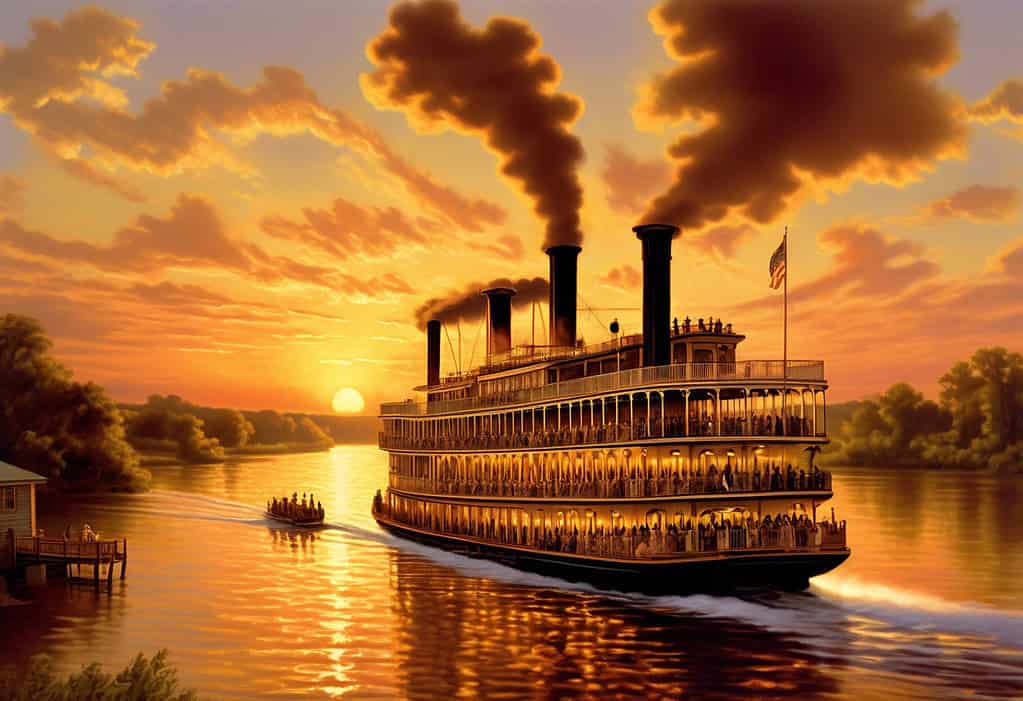Mark Twain, the pen name of Samuel Clemens, was a renowned American author and humorist known for his wit and satire. Throughout his life, Twain stirred up controversy with his words and actions, challenging societal norms and pushing boundaries. From his outspoken views on politics to his unconventional lifestyle choices, Twain’s life was full of controversial moments that continue to spark debate and discussion today.
Join us as we take a closer look at the life and legacy of Mark Twain, a literary giant whose work continues to provoke thought and reflection. From his scathing indictments of social injustices to his irreverent humor, Twain’s impact on American literature and culture cannot be overstated. So buckle up and get ready to explore the 5 controversial moments that shaped the life of this iconic author.
The 5 Moments
1. Relationships with African Americans
Mark Twain’s views on race were controversial during his time. He grew up in a society where slavery was accepted, and he reflected these views in some of his writings. However, Twain’s views on race evolved over time, and he became an advocate for civil rights later in life.
2. Satirical Works
Twain’s satirical works often pushed the boundaries of what was considered acceptable in society. His novel “The Adventures of Huckleberry Finn” is a prime example, as it dealt with themes of racism, slavery, and morality in a way that was unconventional for its time. Some critics have labeled Twain’s work as offensive, while others see it as a critique of societal norms.
3. Views on Religion
Twain was known for his skepticism towards organized religion. He often criticized the hypocrisy and contradictions he saw in religious institutions. Twain’s satirical commentary on religion in works like “Letters from the Earth” caused controversy among religious groups and led to accusations of blasphemy.
4. Anti-Imperialist Stance
Twain was a vocal critic of American imperialism, particularly in his later years. He spoke out against the U.S. annexation of the Philippines and other territories, arguing that it went against the principles of democracy and freedom. Twain’s anti-imperialist views were seen as controversial by some, but he remained steadfast in his beliefs.
5. Personal Tragedies
Despite his writing success, Twain faced personal tragedies that affected him deeply. He experienced the deaths of his wife and several of his children, which led to periods of depression and grief. Twain’s struggles with loss and grief added a layer of complexity to his public persona, showing a vulnerable side that contrasted with his humorous and satirical writings.
Conclusion
Twain’s satire and social commentary often pushed the boundaries of what was considered acceptable in his time. His willingness to challenge societal norms and provoke thought made him both a beloved and a polarizing figure. Despite the controversy surrounding him, Twain’s impact on American literature and culture cannot be denied.



